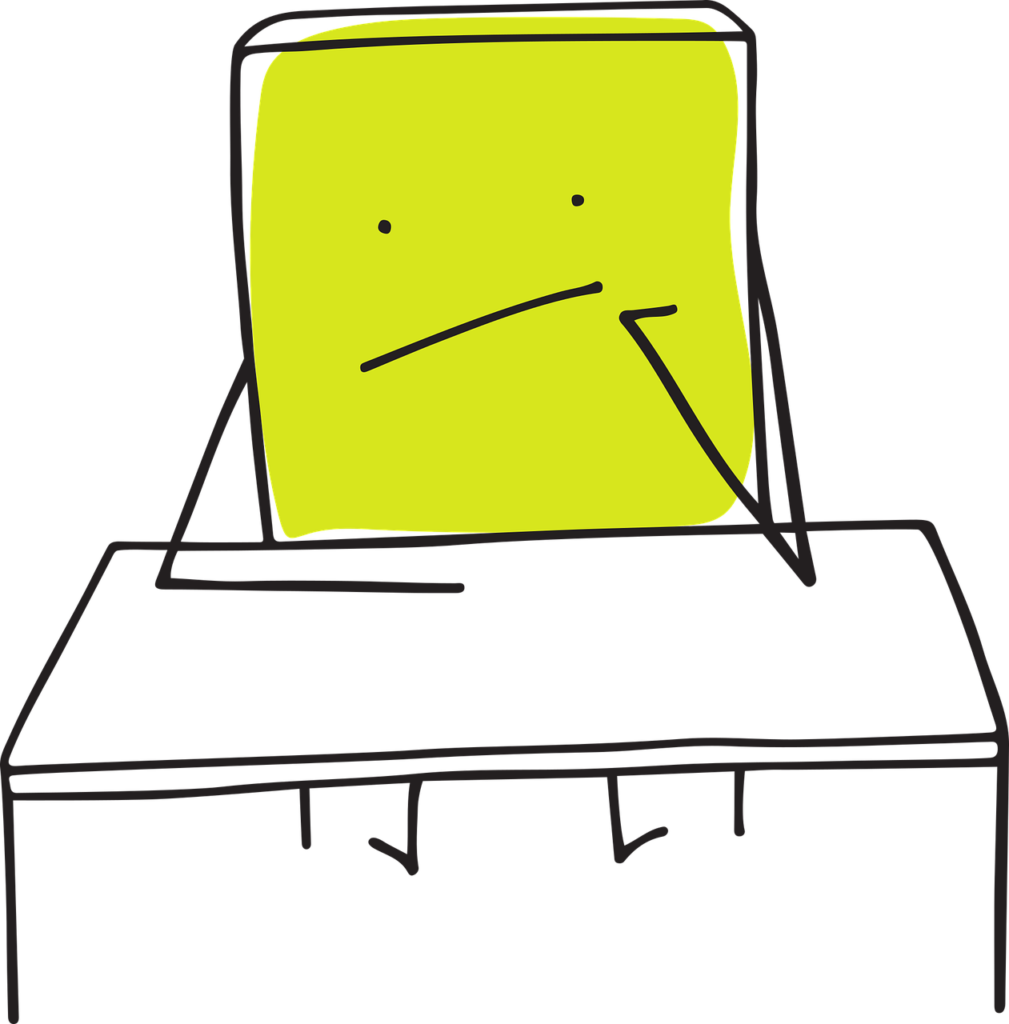
By Dave Bushy, PCC
In coaching we don’t presume to tell anyone what they should do. Instead, we invite them to tell us what they are doing and how it is working for them. From there, we can help them explore options and decide how they might want to add or modify their behaviors.
It is not uncommon for some clients to tell me that they “care too much,” or feel as if they have to “take ownership of everything.”
The exploration of current experiences and behaviors in a client’s life (what they already do) is critical before they can try new behaviors and make different choices. For those who feel an overwhelming sense of responsibility – or call it caring – or ownership, we spend time in learning from the client how those attributes manifest themselves. We encourage them to tell us what they experience, and we work to stay attuned to what choices the clients feel they have.
One client recently spoke about how often he feels – and accepts – responsibility for virtually everything at work, ranging from assignments given to subordinates to outcomes in other departments. He consequently experiences an impossible situation, largely created by his own outlook on life and work.
“What could you do differently?” I asked one day.
“Well, I could just choose to not care, but that isn’t me – every time I try it, I fail, and then I feel even worse. It’s weighing heavily on me every day…”
“Please tell me more about the weight you experience.”
“I’m not happy at work and the more I take on, the less satisfied I am with myself. It’s affecting me in so many ways – even in my personal life.”
We spent considerable time exploring the consequences and “costs” the client was experiencing. I could hear in his voice how it was an enormous burden for him.
“Tell me about what you feel even if you don’t ‘own’ it,” I asked.
“I guess the P&L is not mine, but my boss has a way of making me feel as if I own that too.”
We spent time unpacking that thought and it emerged for my client that the slightest comment by a boss could lead him to believe that he had to accept responsibility for what was happening financially at the company.
“So, who is the one placing that burden on you?”
“Me. That’s true.”
“So, you tell me that it is impossible for you not to care. What other options could you pursue?
“Maybe I could be indifferent,” he said.
“Tell me more.”
“Well, I could look at every challenge through a different lens – one of being indifferent or even ‘agnostic’ towards the issue.”
“And how would you incorporate ‘indifference’ as a process and a choice when you feel that weight on your shoulders.”
We spent several sessions exploring the idea and came up with ideas on how he could “try” new behaviors.
The client tried it a number of times. At first it was not totally effective, but it became more routine as he became more aware of when he took ownership and then was able to accurately count the costs.
The process of indifference – of effectively gliding between caring too much to sometimes not caring at all – began to become a part of the client’s repertoire.
Does he still have a sense of ownership? Of course, and now he has a new tool – using “Indifference” by gliding away from ownership and a bit towards not accepting responsibility for everything. A slight shift in his behavior is serving him in his professional and personal journey.
Image by Manfredsteger from Pixabay
Dave Bushy of Boston Executive Coaches – bostonexecutivecoaches.com – is a an ICF-certified coach who was trained at the Gestalt International Study Center (GISC). He is a former U.S. Army officer and senior airline executive who works with leaders throughout the world.